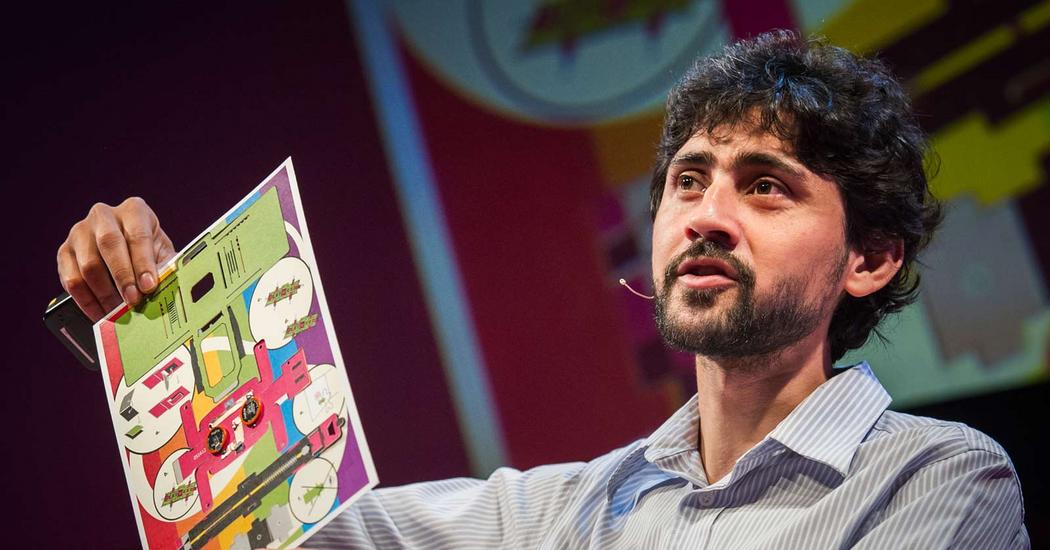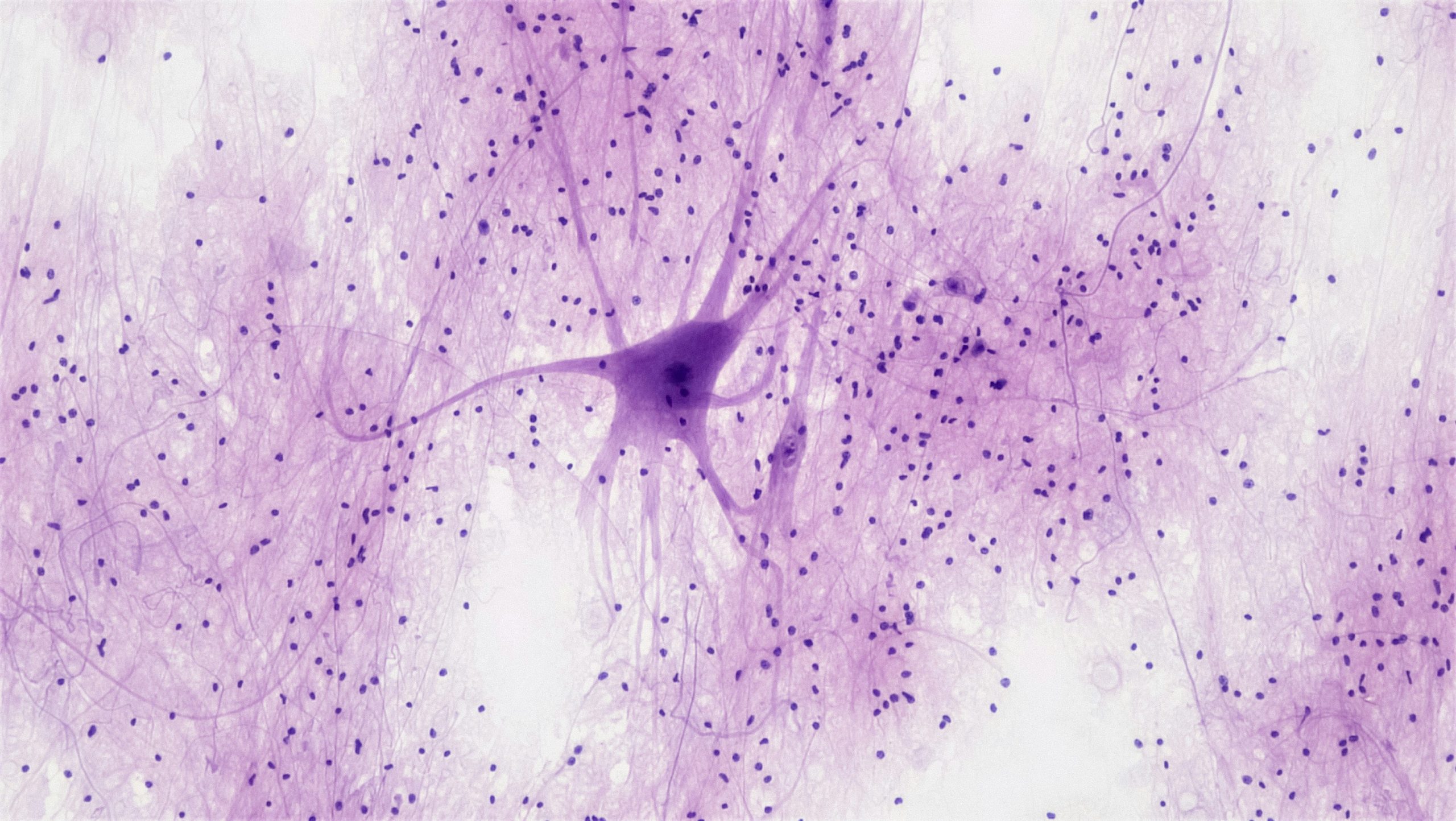Ruby Keith-Smith, Year 12, Bristol Grammar School
Out of the 100 million people who have ever lived on Earth, an estimated half of them may have died from malaria. Malaria is still responsible for over 3000 African children’s deaths per day, being particularly prevalent in low-income communities who lack basic necessities such as proper sanitation, clean water and means to combat mosquito vectors. Manu Prakash, originally born in India, is an acclaimed bioengineer, inventor and pioneer in the field of ‘frugal science’. He is responsible for the invention and distribution of both the Foldscope and the Paperfuge. These two scientific tools can be used to diagnose malaria and HIV in minutes, are easily assembled and cost under 50 cents to produce.
Detecting malaria-infected blood cells is extremely difficult since only a few out of the millions of red blood cells in a single drop of blood become infected. In order to diagnose malaria, centrifuges must be used. Centrifuges use centrifugal force (a spinning force) to organise blood into its individual components. This force pushes the largest blood particles to the furthest point from the centre of rotation, displacing the less dense blood particles behind them. As malaria-infected blood cells are slightly less dense than healthy blood cells, they can be distinguished easily and are found between healthy red blood cells and the less dense plasma. The Paperfuge spins 10 times faster than a traditional centrifuge and requires no electricity at all to run. It is easily assembled with a paper disk in the centre attached to two strings with handles, which, when pulled, provide the energy for the centrifugal motion. Prakash’s revolutionary invention is based on the design of a child’s toy and costs only 18 cents to produce. He has sent thousands of Paperfuges worldwide free of charge to communities around the world that need them the most.
Along with his Paperfuge philanthropy, Prakash has gifted over fifty thousand Foldscopes to over 130 countries worldwide. A foldscope is a cheap to produce paper light microscope, which allows low-resource communities to experience the microscopic world. The Foldscope is waterproof, stamp-proof and folds together like origami. It comes simply as a flat sheet of paper with a small LED light, a battery and a small sphere of glass as a lens, magnifying 140 times. Prakash is passionate about engaging children with science and encourages them to nurture their curiosity. He often stresses the dangers of the worldwide hunger for scientific tools and focuses on how to make affordable science accessible for disadvantaged children. He specifically aims to provide a window into the ‘microcosmos’. In addition to these tools, Prakash and his team founded a website called Foldscope Explore where people across the world can share their findings. From Rwanda to Tanzania, communities can share what they’ve discovered through the Foldscope, via photos and videos.
Prakash himself believes in the importance of nurturing the childish excitement that science affords us. The foldscope’s modularity is significant to Prakash, he believes that allowing children to put together and take apart a scientific tool is instrumental in engaging their scientific fascination. From his time growing up in India, he recalls building his first microscope from the lenses of his brother’s glasses. Today he is a pioneer, at the forefront of forwarding the experience of science to children across the world. He highlights the immense fortune that we have in being able to observe and discover more about the microscopic world, “It’s not just for scientists to figure out how the world works, we all start by being curious about the world. Fundamentally, curiosity needs to be nurtured and kept alive forever.”
Runner-up for the Schools Science Writing Competition, Michaelmas Term, 2020
Image credit: ted.com





